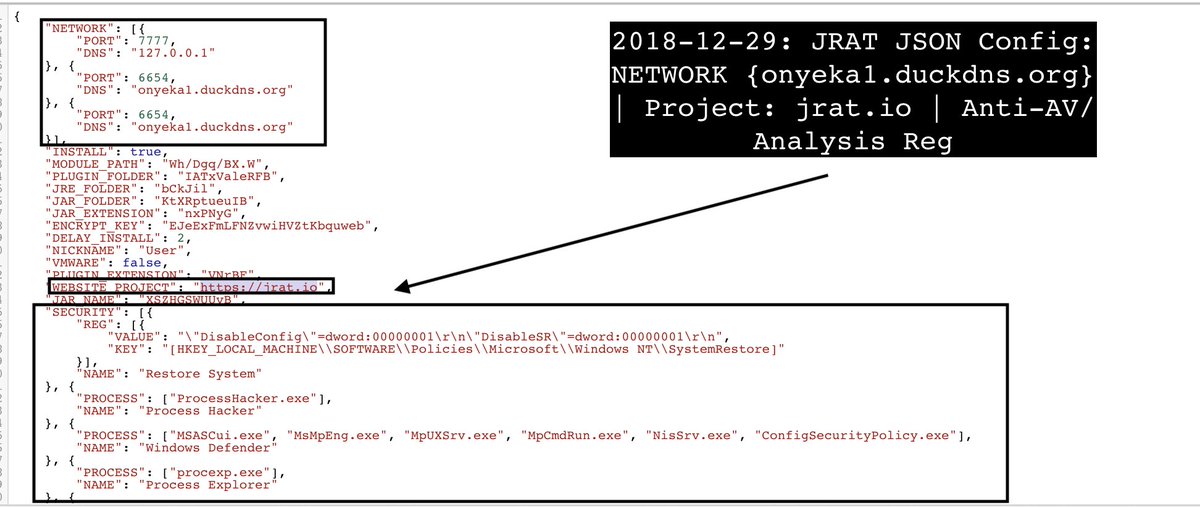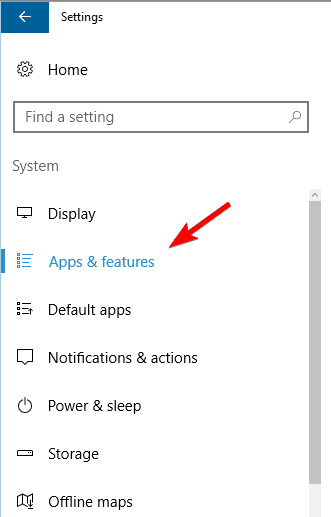Jar To Exe Key
Simple-to-use piece of software that implements a step-by-step approach for helping you convert JAR files to EXE file format, as well as generate 64-bit executables
What's new in Jar To Exe 2.2.4.1206:

Jar open java -jar filename.jar jar files are basically zip files with an extension of jar. If you just want to view the contents of the file, you may use programmes like winzip or winrar etc. How to Open JAR Files. The Java Runtime Environment (JRE) must be installed in order to open executable JAR files, but note that not all JAR files are executables. Once installed, you can just double-click the JAR file to open it. Some mobile devices have JRE built-in.
- Support to wrap and encrypt Spring Boot project.
Jar To Exe is a useful software solution designed to convert JAR files into EXE format via a simple wizard that comprises just a few steps.
The idea of the whole application is quite simple: users are able to open a JAR file just like any other executable, without temporary files and with tray icon support.
Follow the built-in steps
The whole program comes down to a total of six steps that require you to select the minimum JRE version needed when the application runs and the program type you wish to create.
There are three different options available, as follows: “Console Application,” “Windows GUI Application” and “Windows NT Service.”
As said, the created program doesn't generate any temporary files, while users are allowed to add application icons and version information.
64-bit executable option and performance
Additionally, Jar To Exe can create 64-bit executables, offering System Tray icons for each generated application.
Jar To Exe can be safely used by beginners and professional users alike, but it's still a good thing that each step comes with detailed descriptions and information. Obviously, Jar To Exe runs pretty smooth and it doesn't affect system performance at all, with a minimum footprint on computer resources.
Bottom line
All in all, Jar To Exe is a useful application that does what it says in a very simple way and thanks to the fact that it relies on a wizard-like interface with just six steps, it can be safely used by those uninitiated as well.
Filed under
LIMITATIONS IN THE UNREGISTERED VERSION- Nag screen
- 15 days trial period
- Intel Pentium or AMD processor, 1 GHz
- 256M of RAM
Jar To Exe is part of these download collections: Make EXE, EXE Creator
top alternatives FREE
top alternatives PAID
 This enables Disqus, Inc. to process some of your data. Disqus privacy policy
This enables Disqus, Inc. to process some of your data. Disqus privacy policyJar To Exe 2.2.4.1206
add to watchlistsend us an update- portable version
- A portable version of this application is available: Portable Jar to Exe
- runs on:
- Windows All
- file size:
- 7.3 MB
- filename:
- j2e_x86.zip
- main category:
- System
- developer:
- visit homepage
I downloaded and installed JDK from Java SE Development Kit 7 Downloadsin 'c:jdk.1.7.0', set variable path to 'c:jdk.1.7.0', but using command for example:
Gives me this error:
I'm reading Core Java volume 1 (9th edition). So here it stated to run firstly command:
Then I got that same error. And in bin directory there were no javac.exe too, but I found java.exe and it worked. So does jar.exe is also changed to some another name or it somewhere else? It seems strange that this book is released this year and even names of files do not match in newest version or am I missing something here?..
P.S. I'm using windows 7 64 bit.
using command:
echo %PATH%
retuns:
%JAVA_HOME% is set to C:jdk1.7.0

closed as off-topic by Mike 'Pomax' Kamermans, Beryllium, sashkello, CoolBeans, sandrstarSep 13 '13 at 2:49
- This question does not appear to be about programming within the scope defined in the help center.
4 Answers
I just installed that same download on Windows 7 64-bit and I have C:Program FilesJavajdk1.7.0_40binjar.exe so you probably do also.
I did notice you installed to a non-standard location, and that the installer gives you two chances to change where it installs.
The first installer window is installing the JDK. Then a second window comes up and that installs the JRE.
You probably installed the JDK to one place and the JRE to another place. The JDK will have jar.exe, javac.exe, and java.exe inside its bin folder. The JRE will only have java.exe there.
Therefore you should find where you installed the JDK. The default place is C:Program FilesJavajdk1.7.0_40 so it is there unless you changed it.
It sounds like you have the JRE not the JDK. Check that you installed the right one, then check that you are looking in the right directory on your pc. You should have both.
Next note that the Path should also include the bin folder.
It is located in the bin folder.You should link to c:jdk.1.7.0bin
Looks like you have to set the JAVA_HOME as part of the PATH variable in your Windows system environment. The steps to define the JAVA_HOME variable is here: How to set java_home on Windows 7?, the only changes for this would be using the c:jdk.1.7.0 (the path of your JDK installation) instead of C:Program FilesJavajre6.
After doing this, edit the PATH variable to look like this
To verify if the changes were done correctly, open a cmd and write
Jar To Exe Key West
You should get the exact version. In my case:
And in bin directory there were no javac.exe too, but I found java.exe and it worked.
Seems that you haven't installed the JDK in the path you think. Look for the real JDK path installation and point the JAVA_HOME system environment variable value to that folder.